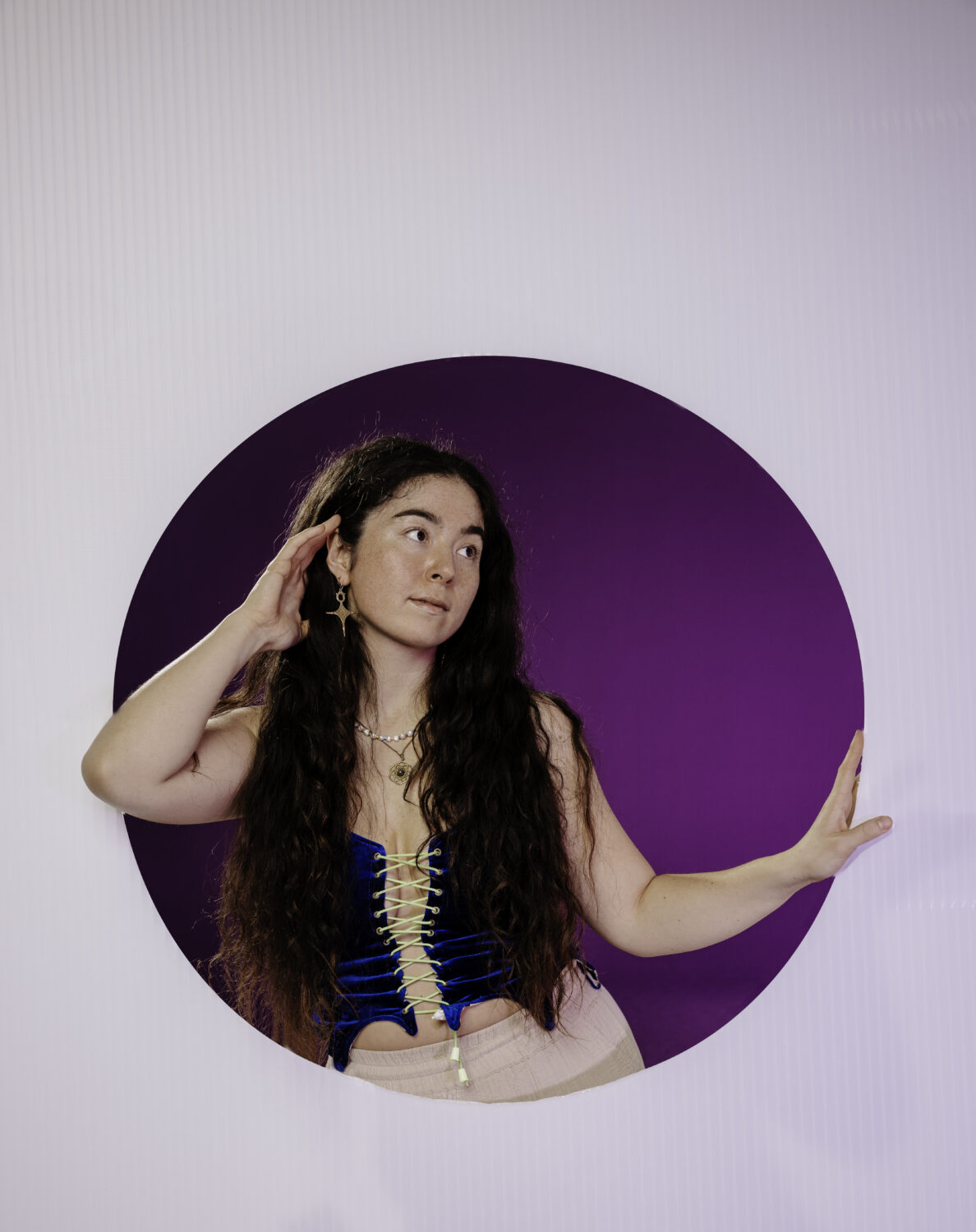
Naomi He-Ji
During our conversation Naomi shares profound insights into her connection with spirituality and the transformative power of creating art. She emphasizes, “Spirituality for me means being in connection with myself in my body, mind, and soul in relation to the Earth and universe.”
Growing up with a mother who attended church, Naomi was introduced to prayer and the concept of angels. Despite initially not fully understanding religious texts, she recognized the significance of spirituality in her upbringing. Over time, she began to bridge the gap between different beliefs, realizing that various faiths often strive for similar outcomes of inner peace and connection. She observes, “I think everyone is sort of aiming for the same thing when it comes to spirituality, to find the energy that is flowing around you, but also in others.” Naomi highlights the importance of mindfulness in daily life, emphasizing the need to be present and compassionate towards oneself and others. She acknowledges, “I think it’s an everyday practice, to just live with love and compassion.”
For Naomi, creating art is a deeply personal and introspective process. She views it as a journey of self-discovery, where each piece reflects her growth and understanding of herself. She shares, “I think for me, what I really like about creating is that it’s about constantly trying to go deeper within yourself, and that helps to make you more aware of the lessons in life.”
Moreover, Naomi reflects on the balance between positive and negative energies in art and life, emphasizing the importance of equilibrium for personal growth and harmony. She concludes, “If there’s too much positives, it’s not good. And if there’s too much negative, it’s also not good. Ideally, it needs to be balanced.”